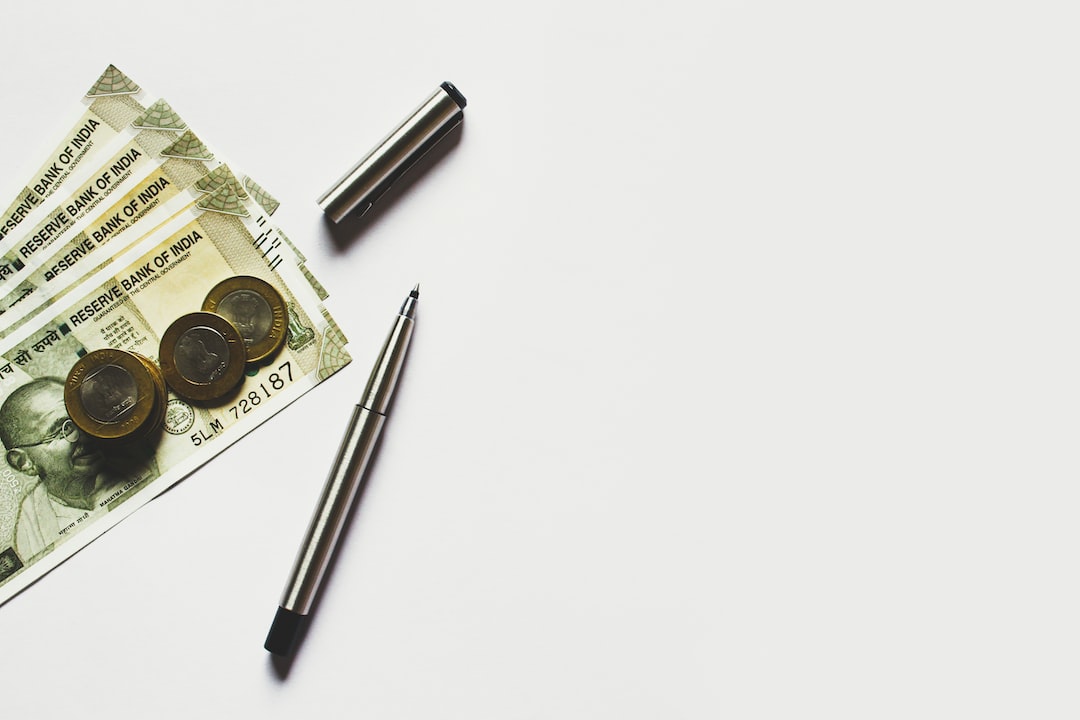Forex trading, also known as foreign exchange trading, is the buying and selling of currencies in the global market. It is a decentralized market that operates 24 hours a day, five days a week. Forex traders speculate on the fluctuations in exchange rates between different currencies, with the aim of making a profit from the difference in price.
One of the most frequently asked questions by new traders is: “How long does a forex trade last?” The answer to this question is not straightforward, as it depends on various factors, including the trading strategy, market conditions, and the trader’s objectives. In this article, we will explore the different types of forex trades and their typical durations.
Types of Forex Trades
There are two main types of forex trades: intraday trades and swing trades. Intraday trades are short-term trades that are opened and closed within the same trading day. These trades are also known as day trades, and they typically last from a few minutes to a few hours. Intraday traders use technical analysis and chart patterns to identify short-term trading opportunities and make quick profits.
On the other hand, swing trades are longer-term trades that are held open for several days or weeks. These trades are based on fundamental analysis and aim to profit from larger market trends. Swing traders use a combination of technical and fundamental analysis to identify potential trading opportunities and manage their positions.
Intraday Trades
Intraday trades are popular among forex traders who prefer fast-paced trading and instant gratification. These trades are often opened and closed within a few minutes or hours, depending on the trading strategy and market conditions. Intraday traders use a variety of technical indicators, such as moving averages, oscillators, and chart patterns, to identify short-term trading opportunities.
The duration of an intraday trade depends on the trading strategy and the trader’s objectives. Scalping is a popular intraday trading strategy that involves opening and closing multiple trades in a short period. Scalpers aim to make small profits from each trade and close their positions within a few minutes. The duration of a scalping trade can range from a few seconds to a few minutes.
Day trading is another intraday trading strategy that involves opening and closing trades within the same trading day. Day traders aim to profit from small price movements and close their positions before the market closes. The duration of a day trade can range from a few hours to a full trading day.
Swing Trades
Swing trades are longer-term trades that are held open for several days or weeks. These trades are based on fundamental analysis and aim to profit from larger market trends. Swing traders use a combination of technical and fundamental analysis to identify potential trading opportunities and manage their positions.
The duration of a swing trade depends on the trader’s objectives and the market conditions. Some swing traders hold their positions open for several days or weeks, while others may close their positions within a few days. Swing traders use a variety of technical indicators, such as moving averages, trend lines, and Fibonacci retracements, to identify potential entry and exit points.
Factors that Affect the Duration of a Forex Trade
The duration of a forex trade depends on various factors, including the trading strategy, market conditions, and the trader’s objectives. Some of the factors that can affect the duration of a forex trade are:
Market volatility: The volatility of the forex market can affect the duration of a trade. In highly volatile markets, intraday trades may have a shorter duration, while swing trades may be held open for a longer period.
Trading strategy: The trading strategy used by the trader can also affect the duration of a trade. Scalping and day trading strategies typically have shorter durations, while swing trading strategies may have longer durations.
Risk tolerance: The trader’s risk tolerance can also affect the duration of a trade. Traders with a higher risk tolerance may hold their positions open for a longer period, while traders with a lower risk tolerance may prefer shorter-term trades.
Objectives: The trader’s objectives can also affect the duration of a trade. Traders who are looking for quick profits may prefer short-term trades, while traders who are looking for larger profits may prefer longer-term trades.
Conclusion
In conclusion, the duration of a forex trade depends on various factors, including the trading strategy, market conditions, and the trader’s objectives. Intraday trades are typically short-term trades that are opened and closed within the same trading day, while swing trades are longer-term trades that are held open for several days or weeks. Traders should consider their trading objectives and risk tolerance when deciding on the duration of their trades. Successful forex trading requires a disciplined approach, a solid trading plan, and a deep understanding of the market conditions.





